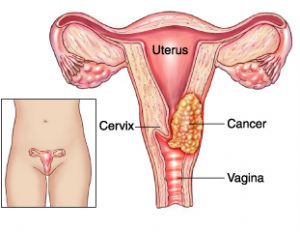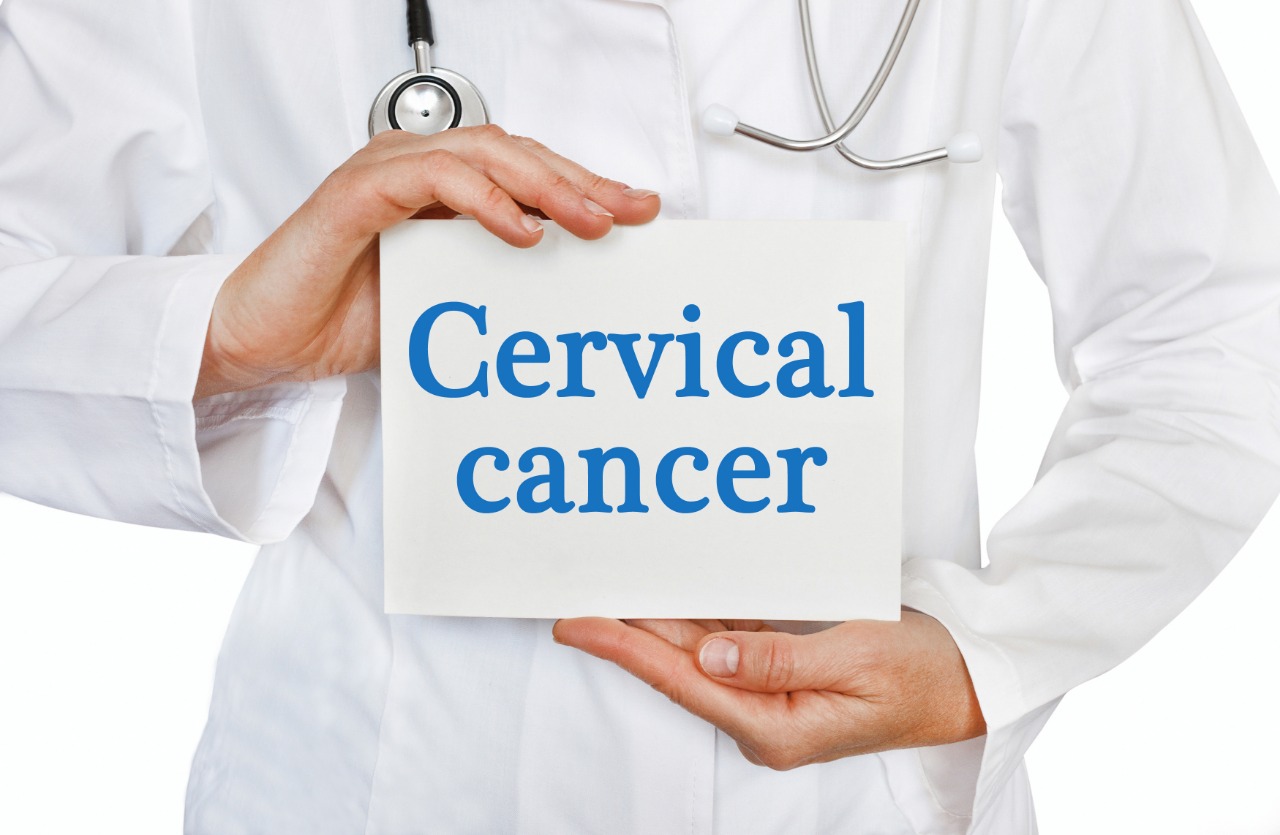Identify Human Papillomavirus (HPV) and Cervical Cancer
Human Papillomavirus (HPV):-

Human papillomavirus is a viral infection spreads through intimate skin to skin contact. It is one of the most common sexually transmitted diseases which affects both men and women. If you have vaginal, anal, or oral sex with someone who has affected with this virus, there is a high risk of getting HPV. It mostly spreads during vaginal or anal sex.
Book Your Test
CERVICAL CANCER
Cervical cancer causes when the cells of the cervix grow unusually and affect other tissues and organs of the body. These abnormal changes generally occurred from HPV (human papillomavirus) virus. HPV 16 and HPV 18 caused 70% of cervical cancer.

TEN THINGS YOU SHOULD KNOW ABOUT HPV & Cervical Cancer
|
HPV |
CERVICAL CANCER |
| 1. As the HPV virus is passed through direct skin-to-skin contact, so chances are more it may enter your body, usually through a cut or small tear in your skin. | Cervical cancer has no such symptoms in early stages |
| 2. Having sex with multiple partners may increase the risk of HPV infection. | If Cervical cancer detected in early stage, then it is 100% curable with proper treatment. |
| 3. Common warts are mostly found among the children. The virus is transferred mainly through skin contacts. | Cervical Cancer mostly found in women who are over the age 40 |
| 4. Genital warts found among adolescents. In the case of women it appears mostly on the vulva and in men, it appears on the penis or around the anus. This virus spreads through sexual intercourse, anal sex or skin-to-skin contact with the affected body part. | Excessive bleeding or discharge and pain during intercourse are the key symptoms of cervical cancer during a later stage. |
| 5. This HPV virus weakened the immune system and may damage skin. | Cervical cancer may lead to lung, mouth, throat, stomach, pancreas, bladder, ureter, vaginal and anal cancer. |
| 6. Touching someone’s warts without practicing wearing precautions that have been exposed to HPV. If the infected person used a swimming pool, a risk for passing HPV infections is more. | If you are in the healthy diet, reducing alcohol, tobacco and limiting sex relation with multiple partners, then a risk of cervical cancer may be reduced. |
| 7. HPV virus may be transmitted during birth to an infant from his/her infected mother through genital warts at the time of delivery. warts might broaden and multiply during pregnancy. | Cervical cancer may be treated through surgery, radiation therapy, chemotherapy, biological therapy or interferon. |
| 8. Some HPV infections cause lesions on your tongue, tonsils, soft palate, or within your larynx and nose. | Annual pelvic exam and a periodic Pap test, considered as routine screening for cervical cancer. |
| 9. Spreading of HPV may reduce by using proper precautions like latex condom or by dipping the numbers of sex partners or by taking HPV vaccine. | Treatment of cervical cancer can reduce your sexual desire, you might feel pain during intercourse and vaginal dryness also happened after this. There are more chances of early menopause. |
| 10. There least possibility of a cure for HPV but safe and effective vaccinations are recommended at the age of 11 to 12 years. | Follow up and regular treatment must be needed after the cervical surgery for at least two years. |
Follow up, and conventional treatment must be needed after the cervical surgery for at least two years.

Early detection of HPV and Cervical Cancer is only possible if you will conduct regular health checkup. We know many of you are not feeling comfortable to get it checked in the hospital in fear of any judgment.
In this context you happy to know that DrSafeHands is the Sexual health Specialists in India and Best STD testing centre in Delhi.


Leave a Reply